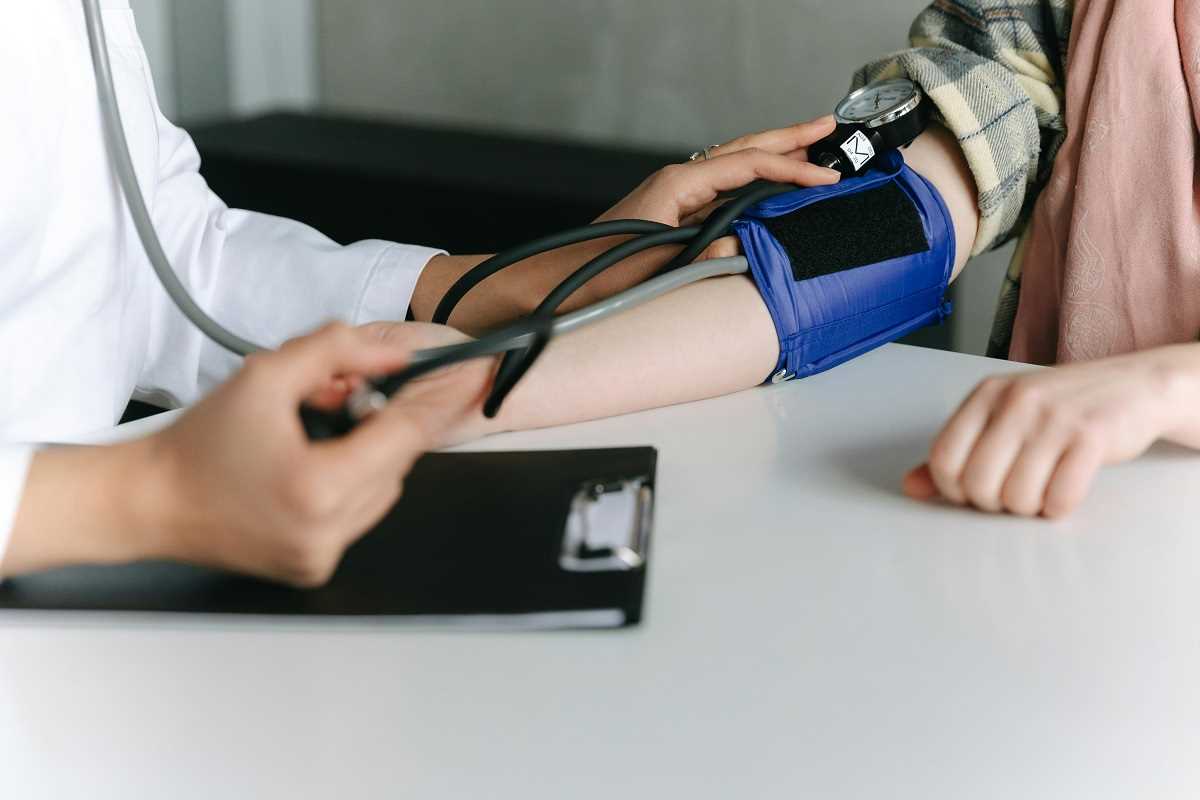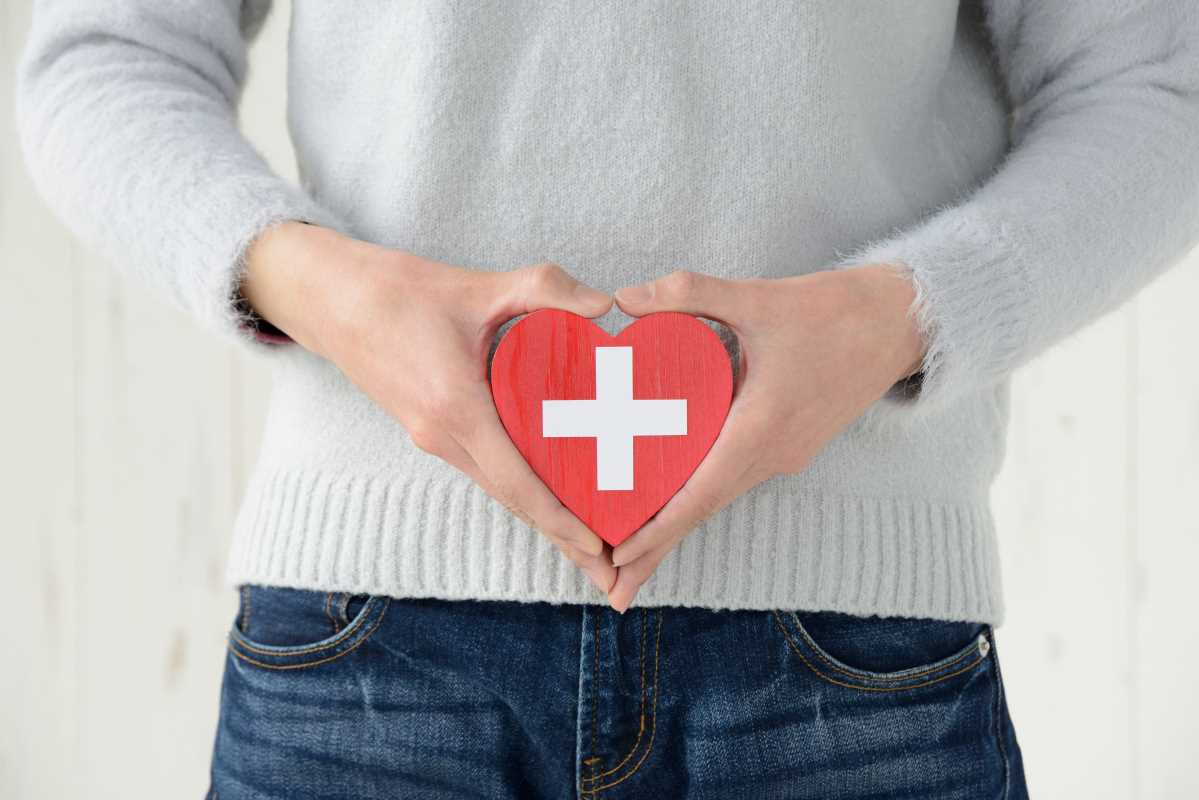Chronic diseases can have a major impact on daily life, but many of them start with small, subtle signs. These early symptoms are often easy to miss, but recognizing them can be key to getting proper treatment and managing the condition early. Whether it’s diabetes, heart disease, or arthritis, paying attention to changes in your body might make all the difference. Many chronic diseases develop over time, so noticing signs early on can give you the chance to take action and prevent complications later. This article will guide you through the early symptoms of some of the most common chronic diseases, helping you stay informed and proactive about your health.
Early Signs of Diabetes
Diabetes is a condition where the body struggles to regulate sugar levels in the blood. While it can develop gradually, there are several early signs to look out for.
One common symptom is frequent urination. If you find yourself needing to use the bathroom more than usual, especially at night, it could be a sign your body is trying to get rid of excess sugar through your urine. Along with this, increased thirst often follows. People with early-stage diabetes may feel thirsty all the time, no matter how much water they drink.
Another early symptom is fatigue. Because the body isn’t efficient at turning sugar into energy, you might feel tired even after getting enough rest. Unexplained weight loss can also occur, as the body starts burning muscle and fat for energy instead of sugar.
Lastly, watch for blurry vision. High blood sugar levels can cause the lens of your eye to swell, affecting your ability to see clearly. If you notice these symptoms, it’s important to talk to a doctor and check your blood sugar levels.
Recognizing Heart Disease Warning Signs
Heart disease often develops silently, with symptoms that may not seem serious at first. However, paying attention to early warning signs can help you address problems before they escalate.
Shortness of breath is a common early symptom. If climbing stairs or doing light exercise makes you feel unusually breathless, it could mean your heart isn’t pumping blood efficiently. Chest discomfort or pain, often described as pressure or tightness, can also signal early heart problems, even if it’s mild.
Another sign to watch for is excessive fatigue. Feeling tired all the time, even without any major physical activity, might indicate your heart is struggling to supply enough oxygen and nutrients to your body.
Swelling in the legs, feet, or ankles can also point to heart trouble. This happens when poor circulation causes fluid to build up in these areas. If you notice any of these symptoms, consulting a healthcare professional is a good idea.
Identifying Early Arthritis Symptoms
Arthritis refers to inflammation in the joints and is a condition that can affect people of any age. Knowing the early symptoms can help you seek treatment and prevent further joint damage.
One of the first signs of arthritis is joint stiffness, especially in the morning or after staying in a single position for a long time. You might find it takes a while to get your body moving when you wake up or sit down for extended periods.
Another common early symptom is pain in the joints, which might start as a dull ache and gradually become more noticeable. Swelling and redness around the joints can also occur, indicating inflammation. Even if the pain seems minor, it’s essential to pay attention, as ignoring it could worsen the condition.
People with early arthritis may also experience a reduced range of motion. For example, you might struggle to bend your knee or rotate your shoulder as freely as before. If you’re noticing persistent joint discomfort, consulting a doctor can help identify the cause.
Signs of Chronic Kidney Disease
Chronic kidney disease, or CKD, is a condition where your kidneys gradually lose their ability to filter waste from your blood. Recognizing the early symptoms can help prevent serious complications.
One early sign of CKD is swelling, particularly in the hands, ankles, or face. This occurs when the kidneys are unable to remove excess fluid from the body. Alongside this, you might notice changes in your urinary habits, such as needing to urinate more often or seeing foam in your urine.
Fatigue and difficulty concentrating are other symptoms of early CKD. When your kidneys aren’t functioning properly, toxins can build up in the body, leading to a general feeling of tiredness and even problems with focus.
Another symptom to be aware of is itchy skin. This can happen when waste products accumulate in the blood and lead to dryness or irritation. If these symptoms sound familiar, a simple blood or urine test can help detect early kidney issues.
Noticing Early Signs of Chronic Obstructive Pulmonary Disease (COPD)
COPD is a lung disease that makes it hard to breathe. It often starts with mild symptoms that are easy to dismiss, but catching these signs early can slow the disease’s progression.
One of the earliest symptoms of COPD is a persistent cough. If you’ve had a cough that won’t go away for weeks or months, and especially if it’s accompanied by mucus production, it could be an early sign of COPD.
Shortness of breath is another key symptom. At first, it may only occur during physical activity, but over time, you might feel breathless even when resting. Tightness in the chest or wheezing is also common and might feel like a heavy weight or a whistling sound while breathing.
Frequent respiratory infections, such as colds or pneumonia, can be another warning sign. If you often get sick or find it hard to recover from lung infections, it’s worth discussing with a healthcare provider.
Symptoms of Early-Stage Alzheimer’s Disease
Alzheimer’s disease is the most common type of dementia, affecting memory, thinking, and behavior. While it mostly impacts older adults, recognizing early symptoms can help you or your loved ones get a proper diagnosis and plan for the future.
Memory loss is one of the earliest signs of Alzheimer’s. You might find yourself forgetting recent conversations or needing to ask for the same information repeatedly. Another red flag is difficulty completing familiar tasks, like getting lost on the way to a place you’ve driven to many times before.
Other early symptoms include trouble finding the right words during conversations or struggling to make decisions. Changes in mood, such as increased anxiety or confusion, can also occur. If these signs seem consistent, it might be time to consult a specialist for an evaluation.
 (Image via
(Image via





